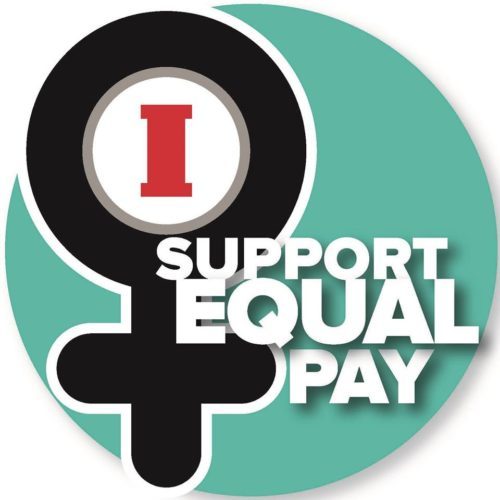ERA Urges Congress: Pass the Paycheck Fairness Act
January 11. 2019
ERA Staff

Equal Rights Advocates was one of 248 women’s rights, workers’ rights, and economic justice organizations from across the country to submit a letter to the U.S. House of Representatives urging the swift passage of the Paycheck Fairness Act.
Drafted by the American Association of University Women, National Women’s Law Center, and the National Partnership for Women and Families, the letter asks the House to prioritize this legislation that will help close the gender wage gap in 2019.
It reads, in part:
There is no more fitting way to begin this historic Congress than by making real, concrete progress in ensuring all women receive fair pay. The Paycheck Fairness Act updates and strengthens the Equal Pay Act of 1963 to ensure that it provides robust protection against sex-based pay discrimination. Among other provisions, this comprehensive bill bars retaliation against workers who voluntarily discuss or disclose their wages. It closes loopholes that have allowed employers to pay women less than men for the same work without any important business justification related to the job. It ensures women can receive the same robust remedies for sex-based pay discrimination that are currently available to those subjected to discrimination based on race and ethnicity. It prohibits employers from relying on salary history in determining future pay, so that pay discrimination does not follow women from job to job….
Women are increasingly the primary or co-breadwinner in their families and cannot afford to be shortchanged any longer. Women working full-time, year-round are typically paid only 80 cents for every dollar paid to men, and when we compare women of color to white, non-Hispanic men, the pay gaps are even larger. Moms are paid less than dads. And even when controlling for factors, such as education and experience, the pay gaps persist and start early in women’s careers and contribute to a wealth gap that follows them throughout their lifetimes.
These pay gaps can be addressed only if workers have the legal tools necessary to challenge discrimination and when employers are provided with effective incentives and technical assistance to comply with the law. It’s time to take the next step toward achieving equal pay.
Read the full letter here.
Stay Connected & Take Action
- Get the Latest News & Information Sign up for Email Updates
- Sign Up for Action Alerts Join the Action Team
- Follow Us
